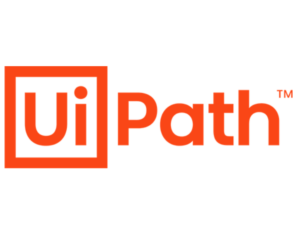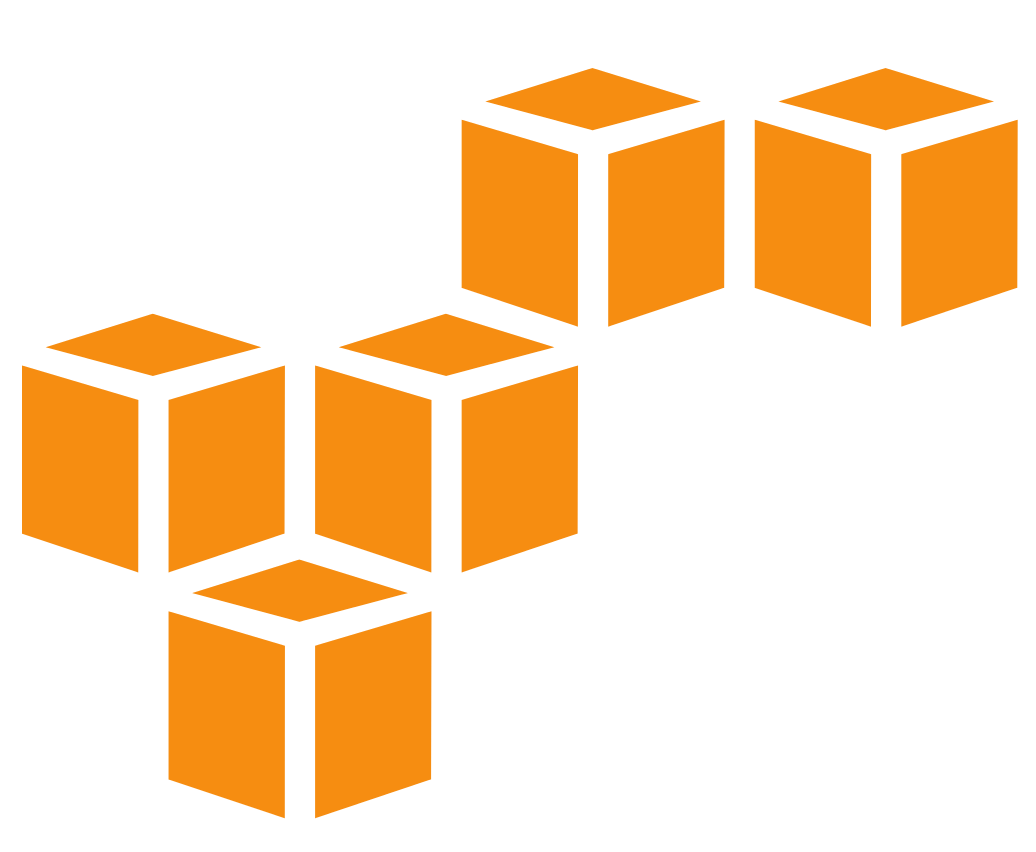- Increased Efficiency: Business process automation streamlines repetitive tasks, reducing the need for manual intervention. This improves operational efficiency, eliminates errors, and frees up valuable time for employees to focus on more critical and strategic activities.
- Cost Savings: Our automation solutions enable companies to decrease labor costs linked to manual tasks like data entry and document handling. Our automation technology minimizes the potential for human errors, mitigating the risks of costly mistakes and rework.
- Enhanced Productivity: Automation eliminates bottlenecks and reduces turnaround time, enabling employees to accomplish more in less time. This increased productivity translates into improved customer service, faster project delivery, and overall business growth.
- Improved Accuracy and Compliance: Automated processes ensure consistency and accuracy in data handling, reducing the risk of errors or inconsistencies. Moreover, compliance with regulatory requirements becomes more manageable as automation helps enforce standard procedures and audit trails.
- Scalability and Adaptability: Business process automation solutions can scale with the growth of your business, accommodating increased volumes and evolving requirements. They are flexible enough to adapt to changing business needs, allowing for easy modifications and updates as necessary.
- Real-time Insights and Reporting: Automation provides access to real-time data and analytics, enabling better decision-making and strategic planning. Dashboards and reports provide valuable insights into process performance, identifying areas for optimization and continuous improvement.
- Enhanced Customer Experience: By automating key customer-facing processes, businesses can provide faster response times, personalized interactions, and seamless self-service options. Moreover, this leads to improved customer satisfaction and loyalty.
Here are some key points highlighting our customization capabilities:
- Tailored Workflows: We can design and implement workflows that align with your unique business processes, ensuring seamless automation of tasks and activities specific to your organization.
- Customized Data Handling: Our business process automation solution can handle and process data according to your needs, including data formats, validations, and integration with existing systems or databases.
- Personalized User Interfaces: We can create intuitive and user-friendly interfaces that reflect your brand identity and provide a seamless user experience, making it easier for your employees to interact with the automation solution.
- Integration with Existing Systems: Our business process automation solution can be integrated with your existing software applications, enabling smooth data exchange and interoperability across different systems within your organization.
- Rule-Based Automation: We can incorporate rule-based logic to automate decision-making processes, ensuring that the solution aligns with your business rules, policies, and regulations.
- Scalability and Future-Proofing: The solution is designed to accommodate your business growth. It can be scaled and adapted to meet changing requirements, allowing you to future-proof your automation investment.
- Ongoing Support and Enhancements: We provide continuous support and maintenance to ensure the automation solution aligns with your evolving business needs. We also offer opportunities for enhancements and upgrades to incorporate new features and technologies.
- Requirement Gathering: We start by closely collaborating with your team to understand your specific business processes, pain points, and automation objectives. This helps us identify the key requirements and goals for the solution.
- Solution Design: Based on the gathered requirements, we design a comprehensive solution architecture and workflow diagrams that outline the automation process, data flow, integration points, and user interfaces. This design ensures the solution aligns with your business needs.
- Development and Configuration: Our expert developers and automation specialists utilize advanced technologies and tools to develop the solution. We configure the system to match your requirements, including customizing workflows, data handling, and user interfaces.
- Testing and Quality Assurance: We conduct rigorous testing at multiple stages to ensure the solution functions as intended, meets the specified requirements, and is free from defects or issues. This includes unit testing, integration testing, and user acceptance testing.
- Deployment and Integration: Once the solution is thoroughly tested and approved, we deploy it in your environment. We ensure seamless integration with your existing systems, databases, and software applications to enable smooth data exchange and interoperability.
- Training and Change Management: We provide comprehensive training to your users and stakeholders on effectively utilizing the automation solution. We also assist with change management activities to ensure a smooth transition and adoption of the new automated processes.
- Ongoing Support and Maintenance: We offer ongoing support and maintenance services to address any issues, provide technical assistance, and make necessary updates or enhancements to the solution as your business evolves.
- Continuous Improvement: We believe in continuous improvement and provide regular reviews and optimizations to enhance the efficiency and effectiveness of the business process automation solution. This includes gathering feedback, analyzing performance metrics, and implementing enhancements as needed.
The cost of developing a business process automation solution can vary depending on several factors, including the complexity of the solution, the level of customization required, the scope and quality of the data involved, the sophistication of the automation algorithms, and the extent of integration with existing systems. Additionally, development time, expertise, testing, and ongoing support contribute to the overall cost. As each project is unique, we recommend engaging in a detailed discussion with our development team to obtain a comprehensive cost estimation tailored to your specific requirements and available resources.
The timeline for developing a business process automation solution can vary based on factors such as the solution's complexity, level of customization, dataset size and quality, integration requirements, and specific capabilities needed. The development process encompasses key stages, including requirement gathering, data collection and preparation, model training and optimization, customization, deployment, and testing. The duration of each stage is influenced by the project's unique requirements and available resources. We encourage you to connect with our solution experts for a more accurate estimation of the development timeline tailored to your specific needs.









